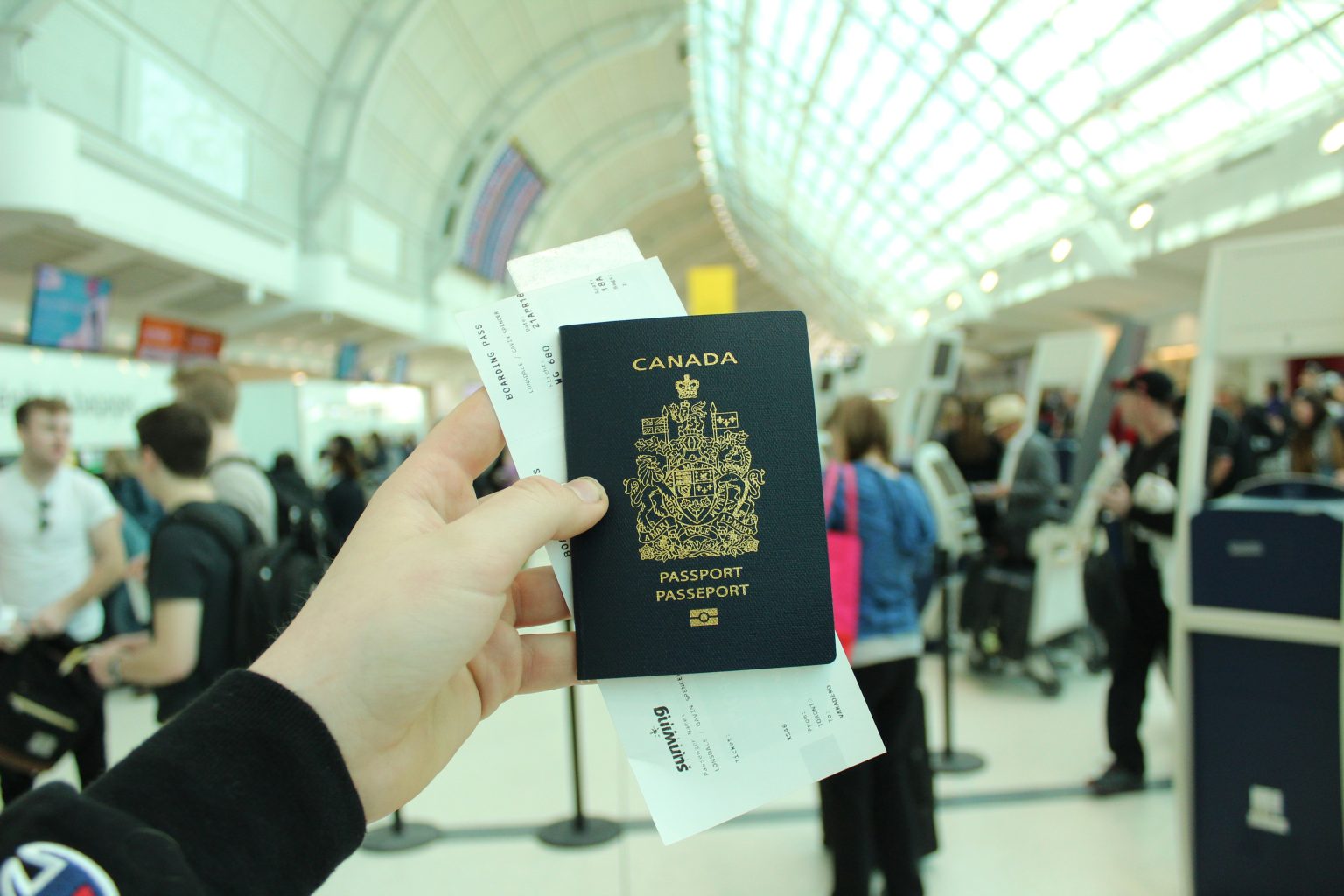Rethinking Travel: Canada’s Updated Advisory Shines a Light on Border Realities
The official travel advisory for the United States, which has long been considered Canada’s most accessible getaway, has been updated by the government in recent days. However, what used to seem like a quick hop to familiar territory is now being reframed as a trip that calls for increased awareness and careful thinking.
U.S. border policy is moving toward a hyper-surveillance model by implementing additional procedures, including as requiring registration for stays beyond 30 days and extending the power to check digital devices without a warrant. Canada is responding in a noticeably cautious manner, warning its residents to brace themselves for increased inspection and possible delays.
Key Advisory Insights
| Advisory Focus | Current Guidance for Travellers (April 2025) |
|---|---|
| Long-Term Visits | Must register if staying in the U.S. for more than 30 days |
| Device Inspections | Border agents can search phones, tablets, laptops—no warrant required |
| Security Preparation | Place devices in airplane mode before crossing to avoid remote file complications |
| Detention Risk | Non-compliance may result in device seizure, delayed entry, or denial |
| Identity Sensitivity | LGBTQ+ travellers, particularly non-binary individuals, advised to review documentation |
| Legal Limitations | Valid visas or ESTA do not guarantee entry; discretion lies with the agent |
| Diplomatic Impact | Part of wider advisories also issued by UK, Germany, and Finland |
| Source | Travel.gc.ca – Government of Canada Advisory Site |
Technology at the Border: Where Convenience Meets Control
This new caution is very clear in terms of digital privacy: Canadian travelers can anticipate more electronic surveillance when they reach the United States. U.S. authorities can now ask for passwords, see private images, and look for remotely stored information without probable cause by using border exceptions to the Fourth Amendment.
Although presented as a national security safeguard, this action has drawn criticism for being unduly intrusive. This practice may not only be uncomfortable but also compromise one’s professional integrity, especially for professionals, journalists, or activists who are carrying sensitive documents. Although it is not a failsafe, the advisory’s suggestion to put devices in airplane mode is a very helpful solution.
A Changing Landscape: When Your Holiday Comes with a Risk Assessment
In the past, visiting the United States meant going shopping, seeing a Broadway musical, or taking a vacation in the sun. Uncertainty is now looming over those comforting familiarities. The procedure of traveling to the United States—the interviews, the searches, and the possibility of unjustified delays or denials—is increasingly important to some Canadians when making travel plans.
This change is about dignity, not fear. Travelers are increasingly considering whether it is worth the possible intrusion to cross the border. Travelers who identify as LGBTQ+ confront an especially difficult situation because of new U.S. documentation regulations that weaken protections for non-binary identities.
Reimagining Where—and How—We Travel
Canadian tourists have broadened their horizons during the last ten years, visiting places abroad like Lisbon and Kyoto. That trend is now set to pick up speed in the face of growing border enforcement and geopolitical tension. For smooth travel experiences, nations like Portugal, Iceland, and Costa Rica provide hospitable entrance regulations and noticeably better digital infrastructure.
Canadians are not only adjusting, but also leading by example by broadening their travel interests. The advice is a calculated reminder to consider travel destinations from the perspectives of respect, privacy, and personal safety rather than a travel prohibition.
FAQs: Navigating the 2025 Canada Travel Advisory
- Is going to the United States still safe?
Yes, although travelers are advised by the Canadian authorities to be extremely cautious and to be aware of their rights at the border. - Is a warrant required for border agents to inspect my phone?
Of course. They can examine digital devices and request password access without a reason under U.S. law. - Even if I have legitimate documentation, will I still be rejected?
Maybe. Even if you have a valid visa or travel authorization, U.S. authorities have the final say over entry choices. - Before I cross, what should I do with my phone?
Make sure that no distant data is downloading by putting your smartphone in airplane mode. Before you go, think about backing up sensitive data. - Does this affect all U.S. destinations?
Indeed. The warning does not apply to particular towns or states, but rather to all border crossings and airports. - How about travelers who identify as LGBTQ+?
Due to changes in policy, LGBTQ+ travelers are being advised by Canada and a number of European nations to make sure their documentation complies with the most recent U.S. admission requirements. - Are there any other suggested locations?
Indeed. For Canadians, travel to countries in Europe, Latin America, and Southeast Asia is still very easy and accessible. - Is this a permanent advisory?
No, but it is flexible and reflects the state of policy at the moment. Prior to trip, always consult the official instructions.
Final Boarding Call: A Moment of Thoughtful Travel
At its best, travel is an act of connection—a window into other people’s lives and a bridge across cultures. But it’s important to consider if this is the proper course of action when policies start to corrode that bridge with conflict and mistrust. Canada’s travel advice is more than just a warning in 2025. It’s a call to slow down, make careful plans, and travel more cautiously. For many Canadians, the United States no longer holds certainty, despite its continued attractiveness. And perhaps, just possibly, that’s the motivation we need to find locations that embrace us with open arms rather than distrust.

